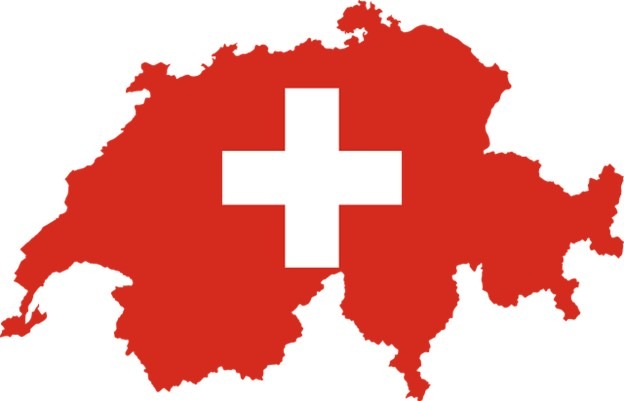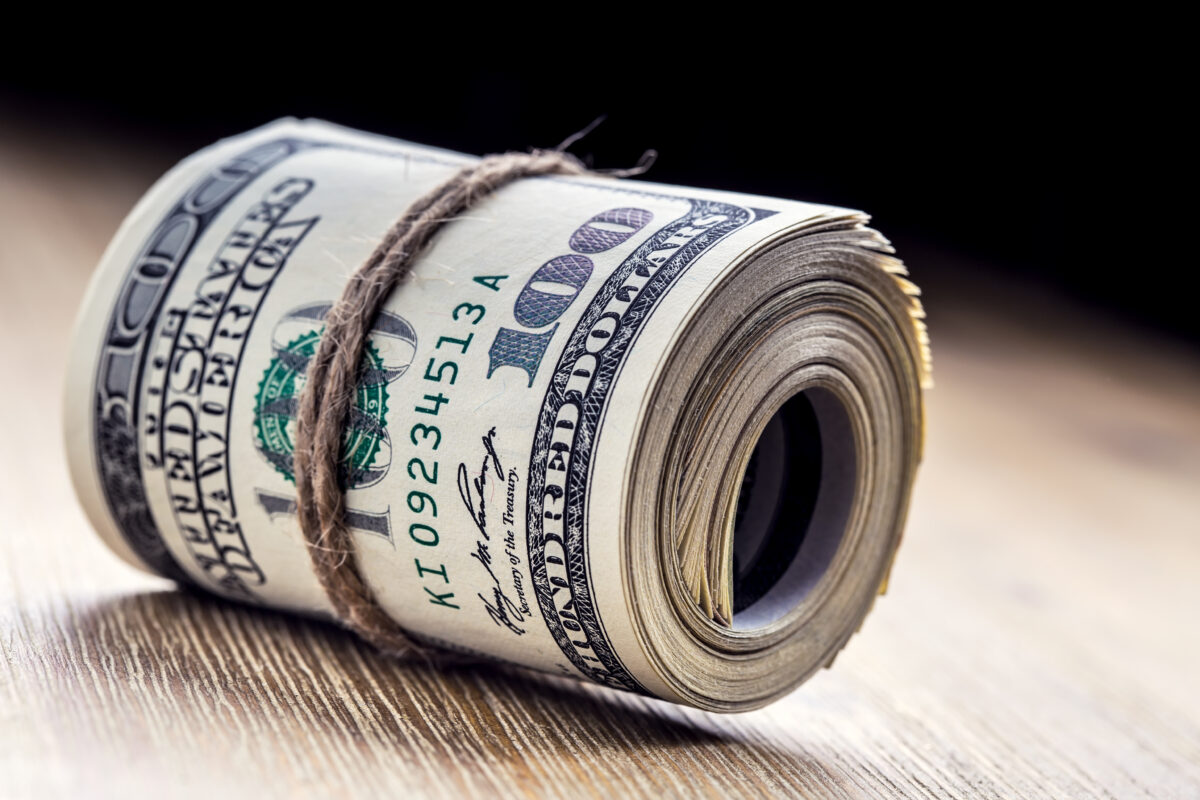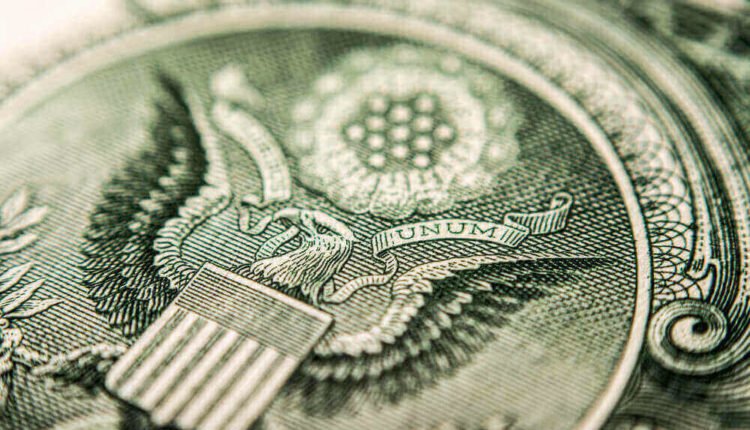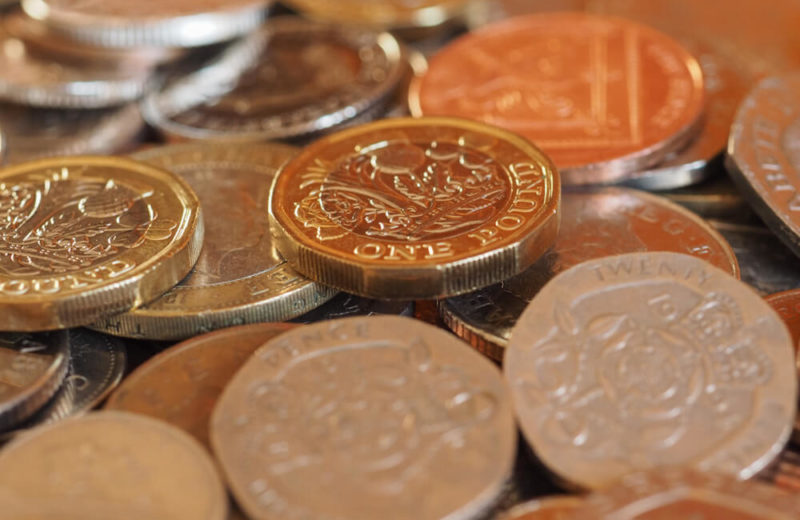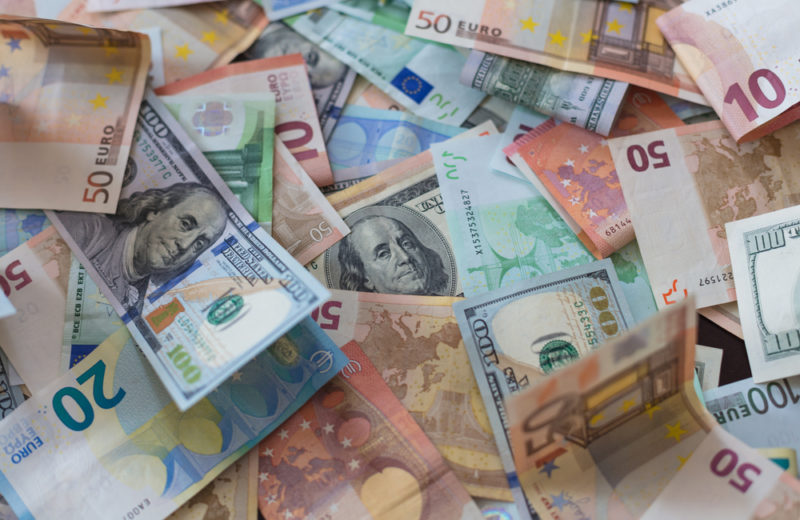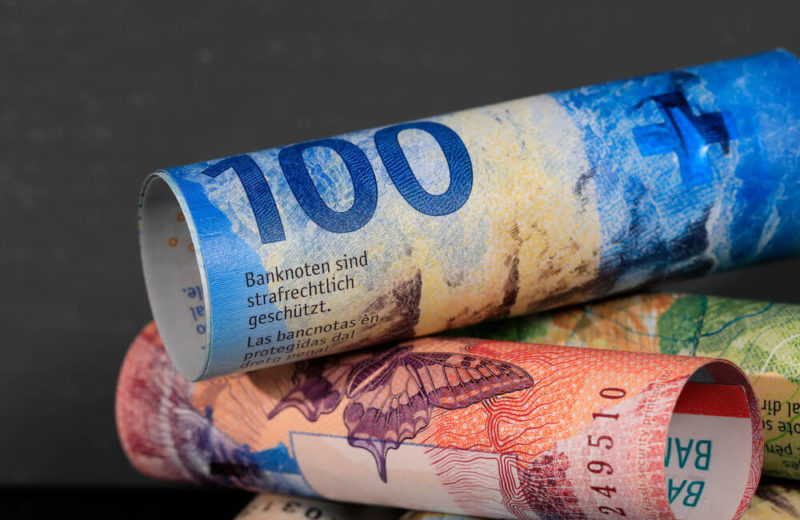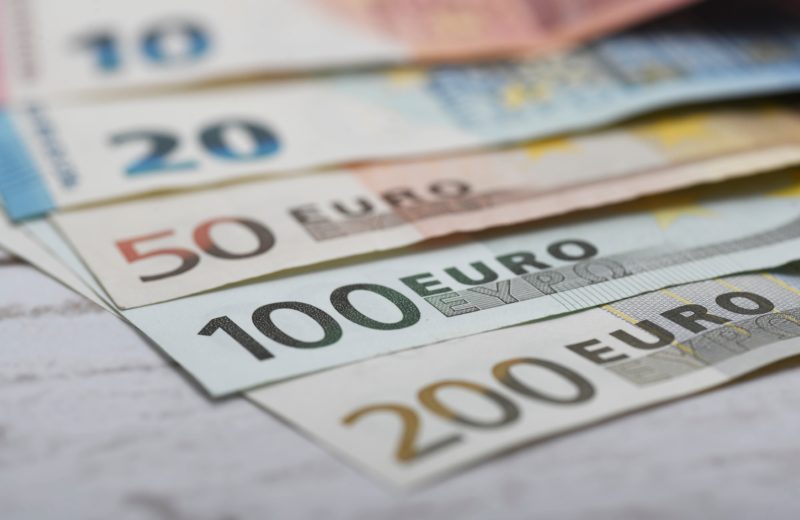In June, Switzerland recorded annual inflation of 1.7 per cent, after 2.2 per cent in May. This is the lowest inflation rate in almost a year and a half. Inflation is still mainly driven by the prices of food and soft drinks. Inflation thus returned to the target range of the Swiss Central Bank between zero and two per cent.
This is the weakest growth in the inflation rate since last January, when it was 1.6 per cent, according to data from the Swiss Statistical Office, reported by DPA.
The prices of food and soft drinks contributed the most to inflation in June. On an annual basis, they were more expensive by 5.1 per cent, while in May, they increased by 5.3 per cent.
Housing and energy prices rose by 2.9 per cent in June after a 3.2 per cent increase in May. Every month, inflation was stable.
The core inflation rate, which excludes food, energy and fuel prices, fell to 1.8 per cent in June from 1.9 per cent in May. Core inflation often provides a more stable view of inflationary trends as it excludes items with volatile price movements.
Annual inflation in Switzerland decreased to 2.6 per cent in April
Swiss annual inflation fell more than expected in April due to lower fuel costs, data released on Friday showed. However, it is still higher than the central bank’s target.
Consumer prices rose last month by 2.6 per cent year-on-year, up from 2.9 per cent in March, marking the 14th consecutive month that price increases exceeded the Swiss National Bank’s (SNB) target range of between zero and two per cent.
Analysts polled by Reuters had predicted that average annual inflation would fall to 2.8 per cent. In summary, while Swiss inflation is showing signs of moderation, it remains above the central bank’s target, indicating ongoing challenges for monetary policy in the region.


